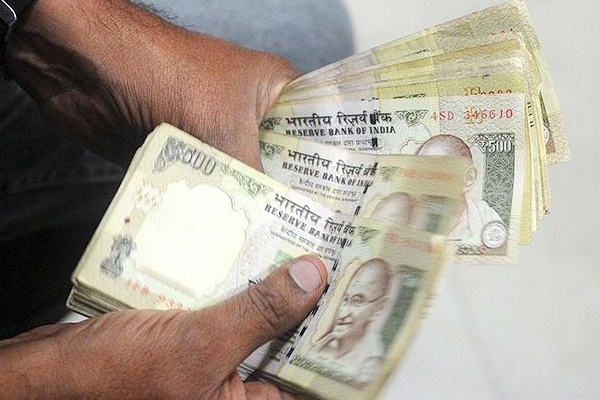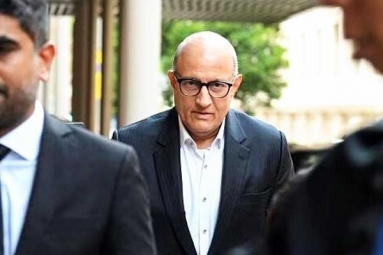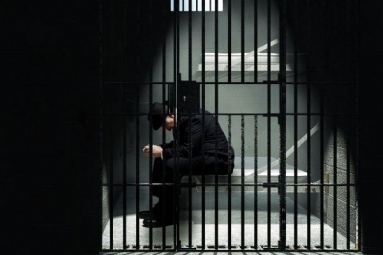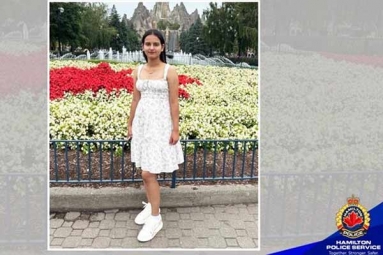
India's envoy to the United Kingdom said, Indian government is looking forward to help Non-Resident Indian (NRIs), who may own some banned currency notes so that they can deposit it at a branch of an Indian bank overseas.
Dinesh Patnaik said that, "Our endeavour is to help everybody. We have asked Delhi about it (any banned notes with NRIs). I have a feeling we will work out something so that people who have carried certain amount of cash in their pocket, should be able to deposit it in any Indian bank overseas."
Earlier this week, as a part of an anti-corruption drive, Indian Prime Minister Narendra Modi had announced to ban on Rs 1,000 and Rs 500 notes, giving Indians the option to exchange the banned currency at banks all over the country until December 30.
India's acting high commissioner to the UK said that, "Basically, it means people abroad should not have more than that. Also, not everybody will have an account with an Indian bank either they will have to open one or find an alternative. So, it is something we will have to look at very closely.” "There is a lot of time, until December 30," he said.
"This is not an amnesty scheme or any scheme to garner black money. This is a method to achieve cashless transactions, which in itself will stop corruption, and to make sure that the money which is lying within the non-legal system, gets into the legal system,” Patnaik, the deputy high commissioner said.
"And, of course, the threat of fake Indian currency will be eliminated, because that threat was mostly with Rs 500 and Rs 1,000 notes. The new Rs 2,000 and Rs 500 will have greater security features and it will make it more difficult for counterfeiters to try and copy it," he said.
Also Read: Brave and bold Surgical strike on black money and funding of terrorism
Nandini







